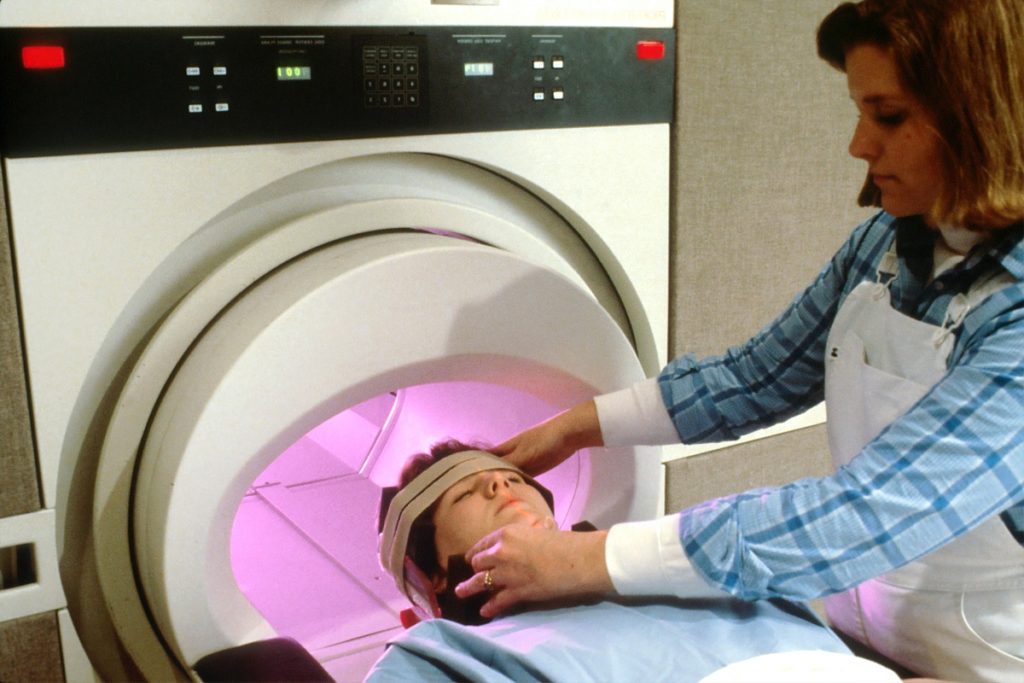Magnetic Resonance Imaging, better known as MRI, is used to scan the human body to detect different signs and symptoms of diseases. An MRI scanner looks like a long horizontal tube that has a narrow, moving table where the patient will lie down.
An MRI scan is painless and many people will go through it as recommended by their general practitioner. If your doctor wants you to get an MRI scan, here are some things that you need to do.
Are You Claustrophobic?
During the MRI scan, you will be inserted into an enclosed area — the magnetic tube — for several minutes. Most will not mind the process but, if you have a history of claustrophobia, it might become a problem.
Claustrophobia is the fear of confined spaces. Those who suffer from it may experience symptoms such as anxiety, sweating, trembling, rapid heartbeat, shortness of breath, nausea, lightheadedness, disorientation, and chest pain.
Tell your doctor or the radiologist, who will oversee the scan, that you are claustrophobic. They might recommend that you go to an upright MRI, which will allow you to stand in a larger space while you are being scanned. Your doctor may also give you sedatives to calm you down before the procedure.
Tell Your Doctor if You are Pregnant

Your doctor will ask you about other concerns regarding your general well-being before you go through the procedure. An MRI scanner uses magnetism and radio waves to create images of your body structures that may be harmful to a developing baby. Although generally safe, no one knows how strong magnetic fields can affect the fetus and if there will be long-term effects on the child exposed to it during pregnancy. An MRI scan is also not recommended to women who are breastfeeding.
Tell Your Doctor if You Have Metal Implants
Metal can affect the results of the MRI. Extra precautions may be needed before you are able to safely undergo the procedure if you have a pacemaker, metal plates/wires/screws/rods, nerve stimulator, cochlear, brain aneurysm clips, penile implants, artificial joints, dental fillings, and bridges, etc.
If you are unsure, an X-ray may be required to ensure that there are no metal fragments in your body.
Tattoos are generally safe, but some inks contain traces of metal. If your tattoo starts to feel hot during the procedure, tell the radiographer ASAP.
What to Expect:
During the MRI scan, the technician will be able to speak to you. They might give you instructions and simple tasks to do while inside the tube. They might also ask you easy questions.
The length of the procedure varies, but it might take longer. It might take up to an hour before the scan is completed. Some patients choose to listen to music or books to pass the time. You will not be able to do a lot of things inside the machine, but ask the radiologist what you are permitted to do.
Do not worry. You would not feel the magnetic fields and radio waves. Just breathe in and out and relax.
After the MRI scan, the images generated will be printed to a film that the radiologist will interpret. The interpretation will be transcribed in a document that you will have to submit to the doctor that requested an MRI.

